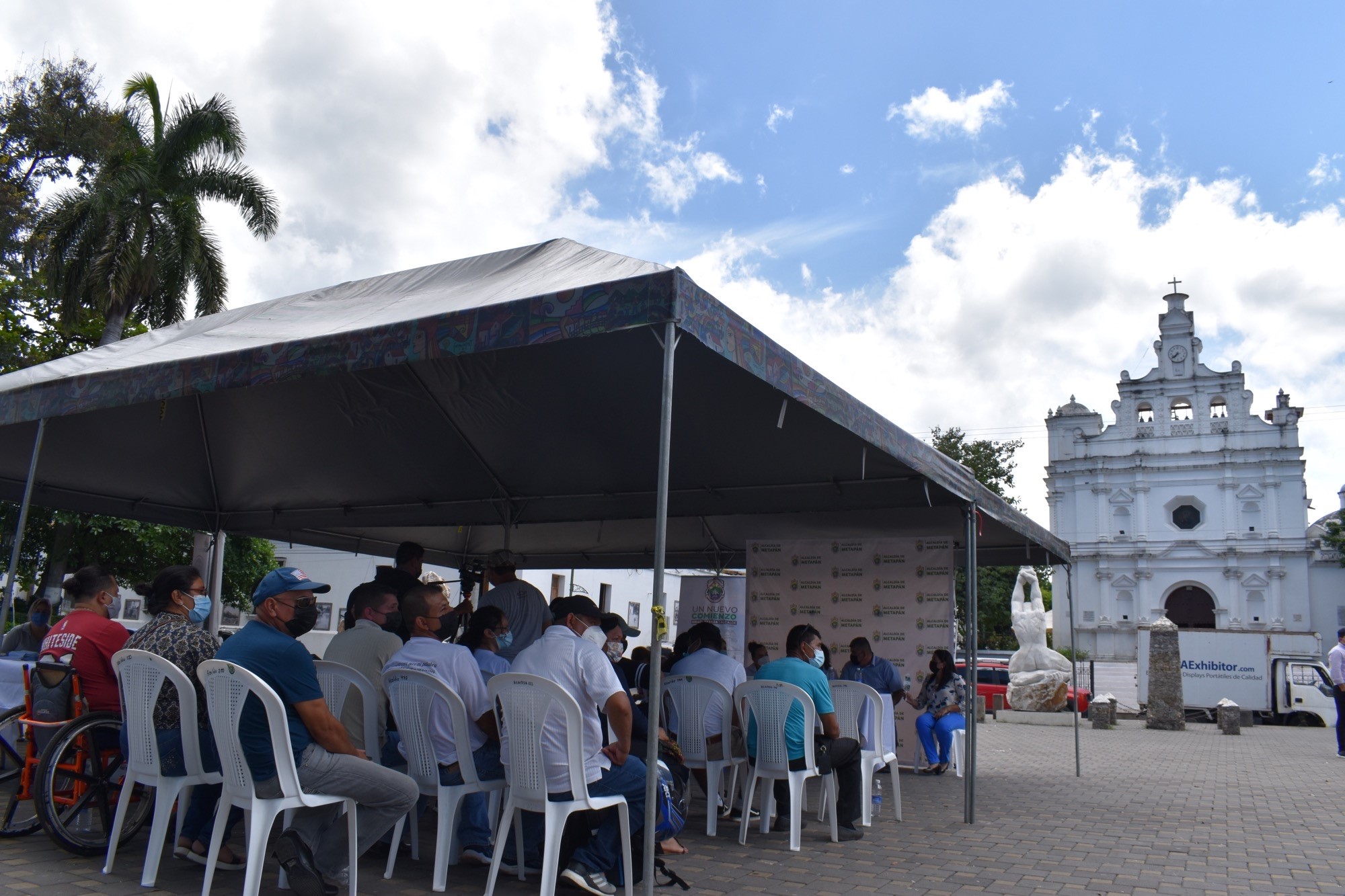Responding to the migration crisis: How IRI’s efforts in El Salvador are generating socioeconomic and democratic opportunities for citizens

Limited pathways to an adequate livelihood have intensified the flow of migration out of a country that has seen the negative effects of political and social instability on citizens’ quality of life. Salvadorans recently elected a charismatic candidate, Nayib Bukele, whose personality energized citizens hoping for change, especially youth. Despite their optimism for a new direction, Salvadorans continue to seek economic opportunities outside of their country. For the past two years, El Salvador has seen a consolidation in presidential power, and an accelerated decline in economic development exacerbated by the COVID-19 pandemic. More than ever, the erosion of democratic institutions has reduced citizen confidence in democracy and led to an increasing flow of migration from El Salvador and across Central America.
In addition to these existing issues, the pandemic has accounted for increasing inequality, unemployment, and economic concerns. Meanwhile, other challenges continued increasing the threat of poverty as rates are now expected to go up by the end of the year to 5.9 percent compared to 1.5 percent in 2019. All while as of September 2021, the public debt grew closer to $25 million, and the real GDP growth rate is only at 0.3 percent.
Household economic situations are not quite as optimistic either: 45.7 percent of Salvadorans said their economic situation will remain the same at the end of 2021 and 32.4 percent said it would worsen. The current and perceived future state of the economy, lack of government efforts at the national and local levels, and the failure to respond to citizens’ demands represent some of the main concerns for Salvadorans. These concerns cannot go unaddressed. It is necessary to improve access to information, provide opportunities, and bolster citizen confidence at the municipal level. Municipalities are key institutions to address the reasons for migration and vulnerable populations, to the extent that they can develop public municipal policies for its population; these strategies will not simply mitigate irregular migration, but will also increase confidence towards municipal authorities, and the confidence in the quality of municipal services.
Many citizens think that the municipal services are regular, bad or very bad (60.895 percent), although they trust in their municipalities (55.5 percent). Despite this relatively high trust, many citizens feel that their needs for service delivery and economic opportunities are not being met at the local level, this increases the likelihood that citizens will decide to leave their home communities and migrate. The flow of migrants from El Salvador to the United States has reached historic numbers. During the 2021 fiscal year, U.S. Customs and Border Protection detained 95,930 Salvadorans, the highest reported by the agency in the last four years. The need to monitor returned migrants and promote social and labor reintegration are key for public institutions. For these reasons, the U.S. administration has recognized the need to boost these incentives through the “U.S. “Strategy to Address the Root Causes of Migration in Central America”, which is the first comprehensive strategy to reduce migration, based on five pillars.
IRI’s work in El Salvador under the Municipal Governments and Local Economic Development (GOBIDEL) project connects specifically with pillar one of the five, “Addressing insecurity and economic inequality,” and pillar two, “Combating corruption, strengthening democratic governance, and advancing the rule of law.” IRI’s in-country program training initiatives have helped improve citizens’ involvement in identifying their needs, participation in, and awareness of local economic opportunities, as well as improve communication and provide information on tax collection, service delivery in marginalized communities, and high crime areas with higher migration rates. Through financial planning at the municipal level, monitoring and evaluating local economic conditions to generate partnerships with the private sector, and economic opportunities for the population, IRI strives to improve citizen participation in the democratization of their municipalities and country.
With growing challenges to the economy and democratic institutions, IRI is committed to providing programs that support citizen engagement with local municipal officials to improve local conditions that help mitigate migration and improve local governance.
Top